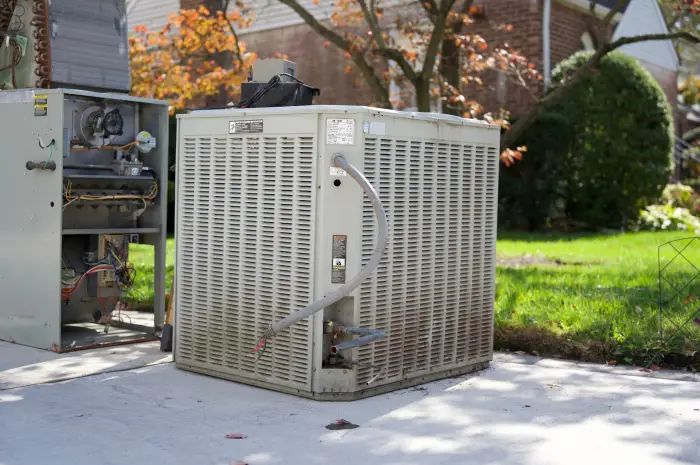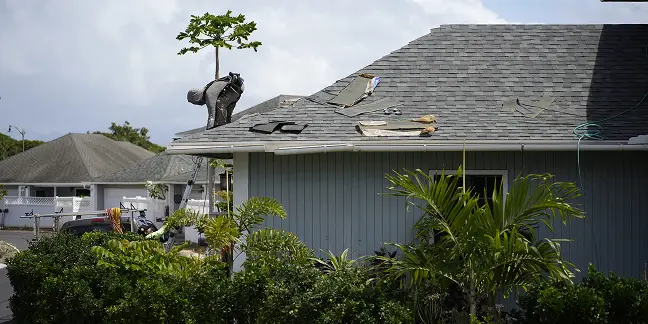If you live in Hawaii, you have probably heard about how great solar energy can be. With sunshine nearly year-round and some of the highest electricity rates in the country, going solar seems like an easy decision. But is it really worth it?
The short answer? Yes—for most homeowners. But as with any major investment, it’s important to understand both the benefits and the potential challenges before making the switch. Let’s break it down.
Hawaii’s High Electricity Costs & Solar Savings
One of the biggest reasons homeowners in Hawaii turn to solar is the high cost of electricity. According to the U.S. Energy Information Administration, Hawaii has the highest average electricity rates in the nation—more than double the national average! This is largely due to the state’s reliance on imported oil for power generation.
Switching to solar allows homeowners to generate their own electricity, which significantly reduces their monthly utility bills. In many cases, homeowners with solar panels save hundreds of dollars each month—savings that add up quickly over the years.
Hawaii’s Ideal Solar Conditions
Not all states are as well-suited for solar energy as Hawaii. Here’s why Hawaii is one of the best places in the world for solar power:
- Abundant Sunshine: Hawaii gets an average of 240 to 300 sunny days per year, providing ample energy for solar panels to produce electricity.
- Favorable Net Metering Programs: While traditional net metering has changed in recent years, Hawaii still offers ways for homeowners to sell excess solar energy back to the grid through programs like Customer Grid-Supply Plus (CGS+) and Smart Export.
- Energy Independence: Because Hawaii relies on imported fuel, energy prices fluctuate frequently. Solar helps stabilize your costs and provides long-term predictability.
Potential Challenges of Going Solar in Hawaii
While the benefits are clear, there are a few things to consider before investing in a solar system:
- Upfront Costs: While the price of solar panels has decreased over the years, installing a system still requires an upfront investment. However, solar financing options, tax incentives, and rebates make it more affordable than ever.
- Changes to Net Metering: Hawaii’s net metering program has undergone changes, meaning homeowners need to understand new policies like CGS+ or battery storage incentives to maximize savings.
- Roof Suitability: Not all roofs are ideal for solar. Factors like shading, roof condition, and available space will determine how efficient your system can be.
How Long Does It Take for Solar to Pay Off in Hawaii?
With the high cost of electricity in Hawaii, most homeowners see a return on their solar investment much faster than in other states. On average, solar systems in Hawaii pay for themselves in five to seven years. After that, homeowners continue to enjoy free, renewable energy for the remainder of their system’s lifespan—typically 25 years or more.
Hawaii’s Solar Incentives & Tax Credits
To encourage homeowners to go solar, Hawaii offers several financial incentives:
- Federal Solar Tax Credit: The Investment Tax Credit (ITC) allows homeowners to deduct 30% of their solar installation costs from their federal taxes.
- Hawaii State Tax Credit: In addition to the federal credit, Hawaii offers a state tax credit of up to 35% of installation costs, making solar even more affordable.
- Battery Storage Rebates: Programs like the Battery Bonus program offer incentives for homeowners who add battery storage to their solar system, helping them store excess energy for later use.
These incentives, combined with long-term energy savings, make solar an attractive investment in Hawaii.
Should You Pair Solar with Battery Storage?
One of the biggest shifts in Hawaii’s solar industry is the increasing push toward solar battery storage. Since traditional net metering is no longer available, having a battery system allows homeowners to store excess energy during the day and use it at night or during power outages.
Batteries like the Enphase IQ Battery can provide additional energy independence and maximize your solar investment. While adding battery storage increases the upfront cost, it significantly enhances the benefits of solar by ensuring you have reliable power when you need it most.
Is Solar Right for You?
The majority of homeowners in Hawaii benefit from solar, but the best way to know for sure is to assess your specific situation. Consider these factors:
- Your Electricity Usage: If you have high energy bills, solar can provide greater savings.
- Your Roof’s Condition: If your roof needs replacement soon, it’s wise to bundle solar installation with a new roof.
- Your Budget & Financing Options: With various financing options available, most homeowners can go solar with little to no upfront cost.
Go Solar with Attyx – Your Trusted Partner
If you are considering making the switch to solar in Hawaii, you need a trusted professional to guide you through the process. Attyx specializes in solar installation, roofing, and home energy upgrades, making us your one-stop shop for energy efficiency.
Whether you need help navigating solar incentives, choosing the best solar panel system, or pairing solar with a new roof, our team is here to help.
Don’t wait—start saving on your energy bills today! Contact Attyx for a free solar consultation and see how much you can save by going solar in Hawaii.





